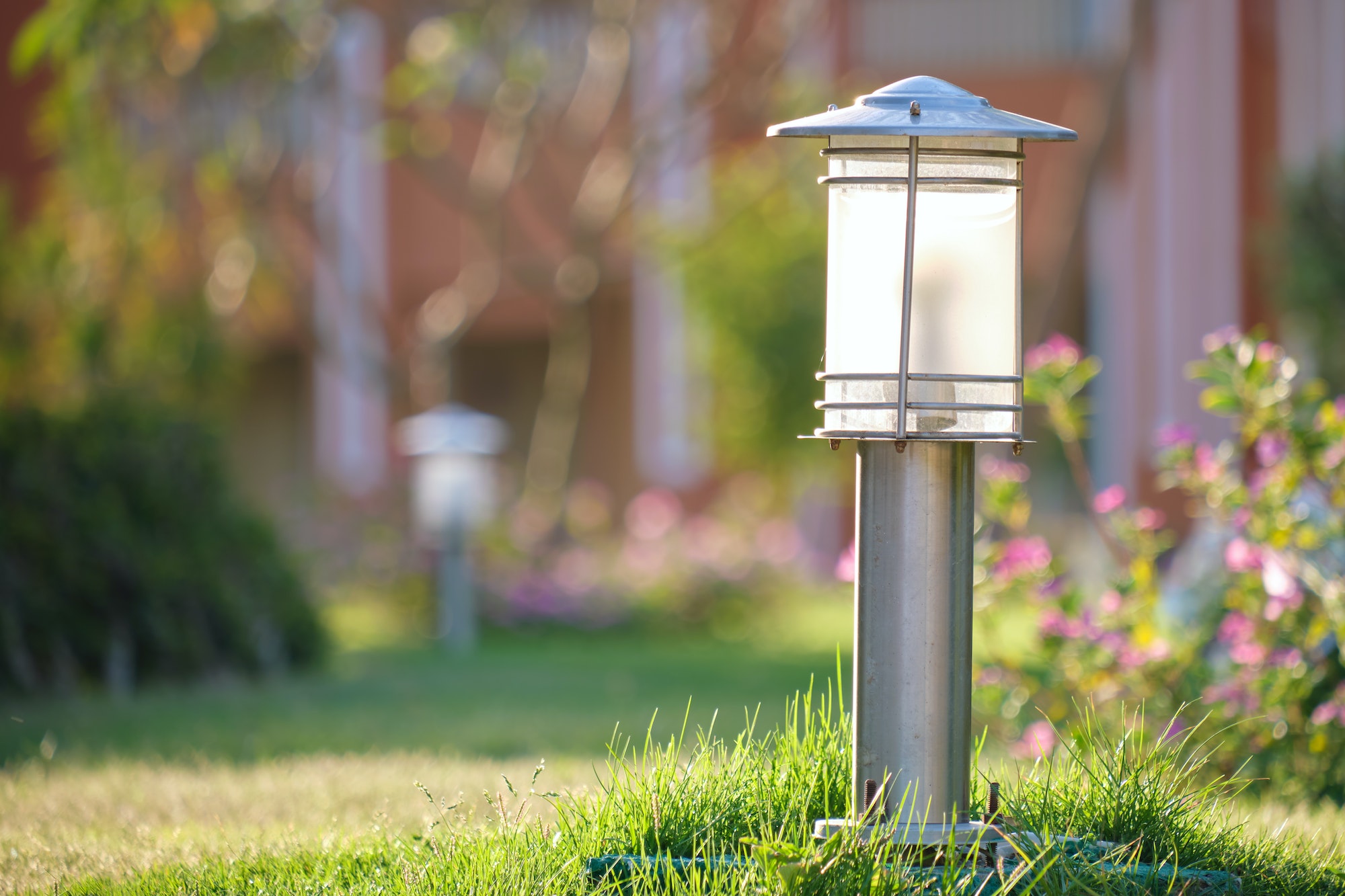There is a lot of debate surrounding how long it takes solar panels to pay for themselves. Some people say that they can recoup their costs within 5 years, while others claim it can take up to 20 years. The truth is, that the answer varies depending on a number of factors. In this blog post, we will explore how long it takes solar panels to pay for themselves and what factors play into that calculation!
What are solar panels and how do they work?
Solar panels are a type of renewable energy system that converts sunlight into electricity. They are made up of photovoltaic (PV) cells, which convert sunlight into DC (direct current) electricity. The electricity produced by solar panels can be used to power your home, business, or vehicle.
How long does it take solar panels to pay for themselves?
This is a difficult question to answer because there are many factors that contribute to the cost of solar panels, including the type and size of the PV system, the efficiency of the PV cells, the location of the installation, and how much sunlight the area receives. However, according to the National Renewable Energy Laboratory (NREL), the average payback period for residential solar PV systems in the U.S. is about seven to eight years. This means that, on average, it will take seven to eight years for a solar PV system to generate enough electricity to offset its initial cost.
How long does it take solar panels to pay for themselves?
The answer to this question depends on a number of factors, including the size and type of solar panel system, the amount of sunlight available in your area, how much you pay for electricity, and how energy-efficient your home is. However, most solar experts agree that if you live in a sunny area and have a relatively new or energy-efficient home, your in-style solar panels will likely pay for themselves in five to ten years.
Of course, the biggest factor in how quickly your solar panels will pay for themselves is how much you spend on electricity. If you live in an area with high electricity rates, or if your home consumes a lot of energy, your solar panels will save you money much faster. In fact, in some cases, solar panels can pay for themselves in just a few years.
If you’re thinking of going solar, the best way to find out how quickly your solar panels will pay for themselves is to get a quote from a reputable solar company. They’ll be able to give you an estimate based on your specific situation. And, if you’re worried about the upfront cost of solar, many solar companies offer financing options that can make going solar more affordable.
The benefits of solar panels?
Standard benefits:
- Solar panels can help you save money on your energy bills.
- Solar panels can help reduce your carbon footprint.
- Solar panels can increase the value of your home.
Emotional benefits:
- Going solar makes you part of the solution to climate change.
- Installing solar panels is a great way to show you’re committed to renewable energy.
- Solar panels can help you take control of your energy usage.
Solar panels are a great way to show your kids that you care about the environment.
How to install solar panels?
Installing solar panels is a great way to reduce your carbon footprint and save money on your energy bill. But how long does it take for them to pay for themselves?
The answer depends on a few factors, such as the size of your system, how much sunlight your location receives, and how high your energy bills are. But in general, most solar panels will pay for themselves in about five to ten years.
If you’re thinking of installing solar panels, be sure to do your research and compare different brands to find the best fit for your needs. And remember, the sooner you install them, the sooner you’ll start saving money!
Summary
Solar panels are becoming an increasingly popular way to reduce energy costs and environmental impact. But how long does it take solar panels to pay for themselves? There are a number of factors that go into answering this question, but we’ll do our best to give you an overview of the average payback period for residential solar systems. Keep in mind that the payback period will vary depending on the system size, your electricity rates, how much sun your location gets, and other factors.
Discover more from Futurist Architecture
Subscribe to get the latest posts sent to your email.



![modern apartment [article_title]](https://www.futuristarchitecture.com/wp-content/uploads/2025/04/6-Futuristic-Tricks-to-Sci-Fi-Your-Smart-Mirror-480x600.jpg)